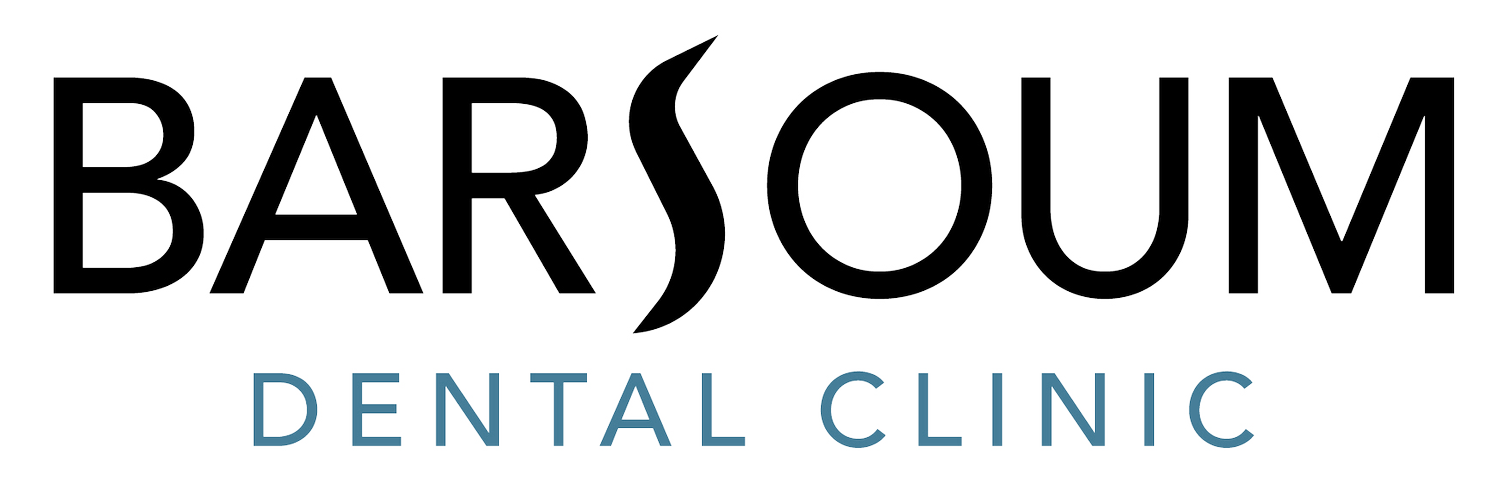Post-operative instructions:
Post operative care after having any surgery is of utmost importance. Whether you had a tooth extraction, a dental implant, a sinus lift or periodontal surgery, following these home care instructions will help ensure the healing progresses as planned.
The following home care instructions apply to all surgical procedures:
After placement of a dental implant, do not disturb the wound, avoid any rinsing, touching the wound or spitting on the day of the surgery. Please do not use any straws and anything that may create negative pressure inside your mouth.
Bleeding:
Keep constant pressure on the surgical site following the procedure. Pressure helps reduce bleeding and permits the formation of a blood clot. After about 1 hour you may gently remove the compress. If bleeding persists, place another compress (sterile gauze) and again keep contact pressure for 1 hour. A moistened tea bag can be used as an astringent when applied to the surgical site for 30 minutes and may help stop the bleeding. It’s advisable to limit your activity as much as possible for several hours after the surgery. The more undisturbed the surgical area is the first day the faster the body will heal.
Swelling:
Any swelling can be reduced by applying an icepack on the cheek or on the jaw directly in the area of surgery. If an icepack is unavailable, simply fill a heavy plastic bag with crushed ice. Secure the end and cover with a soft cloth to avoid skin irritation. Frozen bags of peas make wonderful icepacks and can be refrozen and used repeatedly.
Immediately following the procedure, it’s advisable to apply the icepack over the affected area—20 minutes on, and 20 minutes off. Apply the ice as much as necessary for the first 36 hours.
You may expect swelling for up to 10 days and possibly a fever, the peak of the swelling occurs at 72 hours and begins to taper off gradually after.
Pain:
To minimize any discomfort or pain immediately following your procedure, before the anesthetic wears off, take the prescribed medication your dentist prescribed. If none were prescribed, and you don’t have any allergy to aspirin or liver conditions you may take any pain reliever you traditionally take to relieve pain.
For moderate pain, over-the-counter Tylenol or Ibuprofen comes in 200-mg tablets. Take two (2) to three (3) tablets every 3 to 4 hours as needed to relieve the ache.
COLD THEN WARM: For the first 24 to 36 hours any foods, compresses or beverages should be cold.
Ongoing Oral Hygiene:
After the first 24 hours, attention to good oral hygiene will help accelerate the healing. If a medicated mouth wash was prescribed (Peridex), make sure to rinse after every meal as rinsing helps flush out any debris that may delay the healing from the surgical site. Rinse for 60 seconds and do not consume any beverages or food for the next 30 minutes.
If no medicated mouth wash was prescribed, you may use warm salt water (a teaspoon of salt in 1 cup of warm water) and rinse 3-4 times daily. You may use a wet toothbrush to clean everywhere in the mouth but do not brush the surgical site as to not disturb the blood clot. After 1 week you may start brushing in the area of the surgery to clean any debris out.
Diet:
It’s important to nourish your body and help it heal.
First 24-36 hours: Consume soft nutritious foods that are cold or room temperature. Hydrate your mouth regularly with liquids however be careful not to disturb the blood clot.
Examples: jello, fruit smoothie, cold chicken soup, cold vegetable broth, cold bone broth, cold mashed potatoes, cold whitefish, peach iced tea
After 36 hours: You may revert back to warm and hot liquids as it will help soothe the surgical site and your body.
Examples: hot oatmeal, pancakes, pesto pasta, lasagna, seared salmon, seared tuna
For the first 14 days, do not eat:
Popcorn
Crispy/Crunchy food: nuts, seeds, chips
Spicy foods
Acidic or carbonated beverages


